Overview of Acne
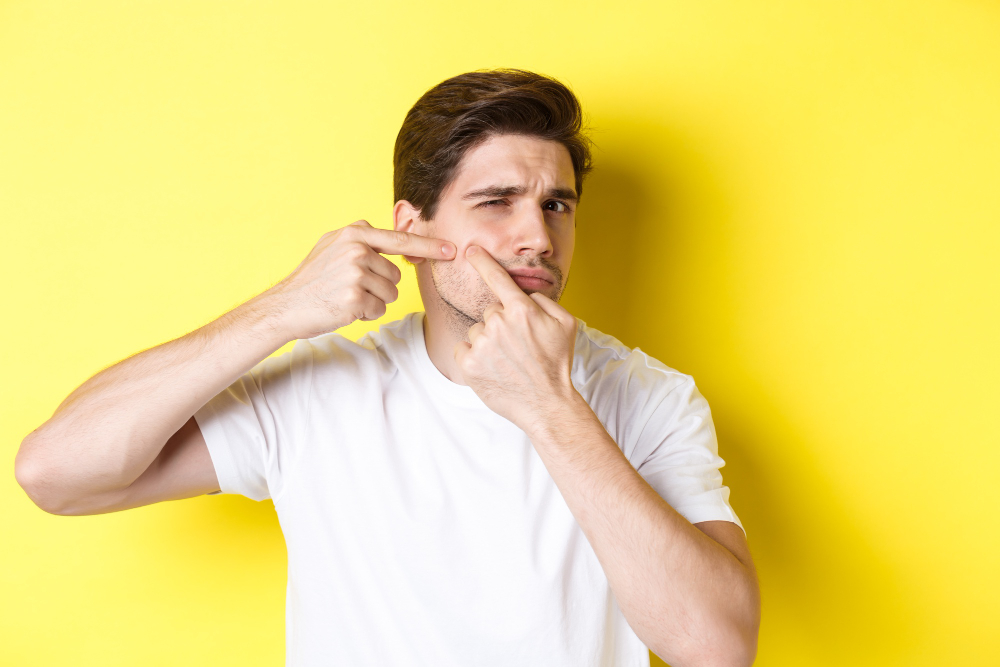
✓Acne, a prevalent skin concern that affects people of all ages, goes beyond being a mere aesthetic issue. Characterized by the appearance of blackheads, whiteheads, pimples, and even painful cysts, acne can have a significant impact on both physical appearance and emotional well-being. It’s important to recognize that acne isn’t solely a teenage affliction; adults can also grapple with persistent breakouts.
✓Understanding acne’s underlying causes is the first step towards effectively managing and treating it. While it’s tempting to resort to anecdotal remedies or popular misconceptions, a deeper comprehension of the factors contributing to acne development is crucial. Hormonal imbalances, genetics, lifestyle choices, and even dietary habits play a role.
In this blog, we’ll embark on a comprehensive exploration of acne and its multifaceted treatment landscape, aiming to empower you with the insights needed to achieve clearer, radiant skin.
How Acne Develops?
Acne is a complex skin condition that originates in the hair follicles and sebaceous glands. These small glands are responsible for producing sebum, an oily substance that helps keep the skin moisturized. However, when the sebaceous glands produce excess sebum, combined with dead skin cells and bacteria, the hair follicles become clogged. This results in the formation of various types of acne lesions.
Different Types of Acne Lesions
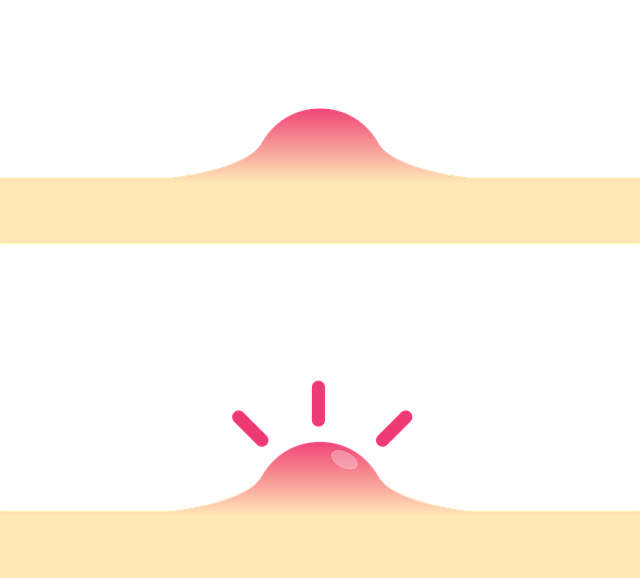
Blackheads (Open Comedones):
These occur when the hair follicle openings remain open, allowing the trapped debris to oxidize and turn dark, giving them their characteristic appearance.
Whiteheads (Closed Comedones):
In this case, the follicle opening is closed, causing the trapped debris to remain white or flesh-colored beneath the skin’s surface.
Pimples (Pustules):
Inflamed, red bumps that contain pus at their tips. They are often painful to touch and can be a result of bacterial infection within the blocked follicle.
Cysts:
Deep, painful, pus-filled lumps that can cause scarring. Cysts can be larger and more severe than other types of acne lesions.
Factors Contributing to Acne Development
Hormones
Fluctuations in hormone levels, such as during puberty, menstruation, and pregnancy, can trigger increased sebum production. Androgens, a type of hormone, stimulate the sebaceous glands, contributing to the development of acne.
Genetics:
If your parents or close family members had a history of acne, you might be more prone to experiencing it as well. Genetic factors can influence how your skin reacts to hormonal changes and inflammation.
Lifestyle:
Certain lifestyle factors can exacerbate acne. Poor dietary choices, especially those high in sugar and refined carbohydrates, may contribute to inflammation and worsen acne. Stress can also trigger hormonal changes that affect sebum production.
Skincare Habits:
Incorrect skincare routines or using products that are too harsh can disrupt the skin’s natural balance and exacerbate acne. Over-cleansing, for instance, can strip the skin of its protective barrier, leading to increased sebum production.
Environmental Factors:
Exposure to pollutants and humid environments can contribute to clogged pores and acne development.
Understanding these contributing factors helps individuals adopt a holistic approach to managing and preventing acne. By addressing hormonal imbalances, making informed dietary choices, managing stress, and implementing a suitable skincare routine, it’s possible to mitigate the impact of these factors and promote clearer, healthier skin.
Dispelling Misconceptions about Acne Causes
Chocolate and Greasy Foods
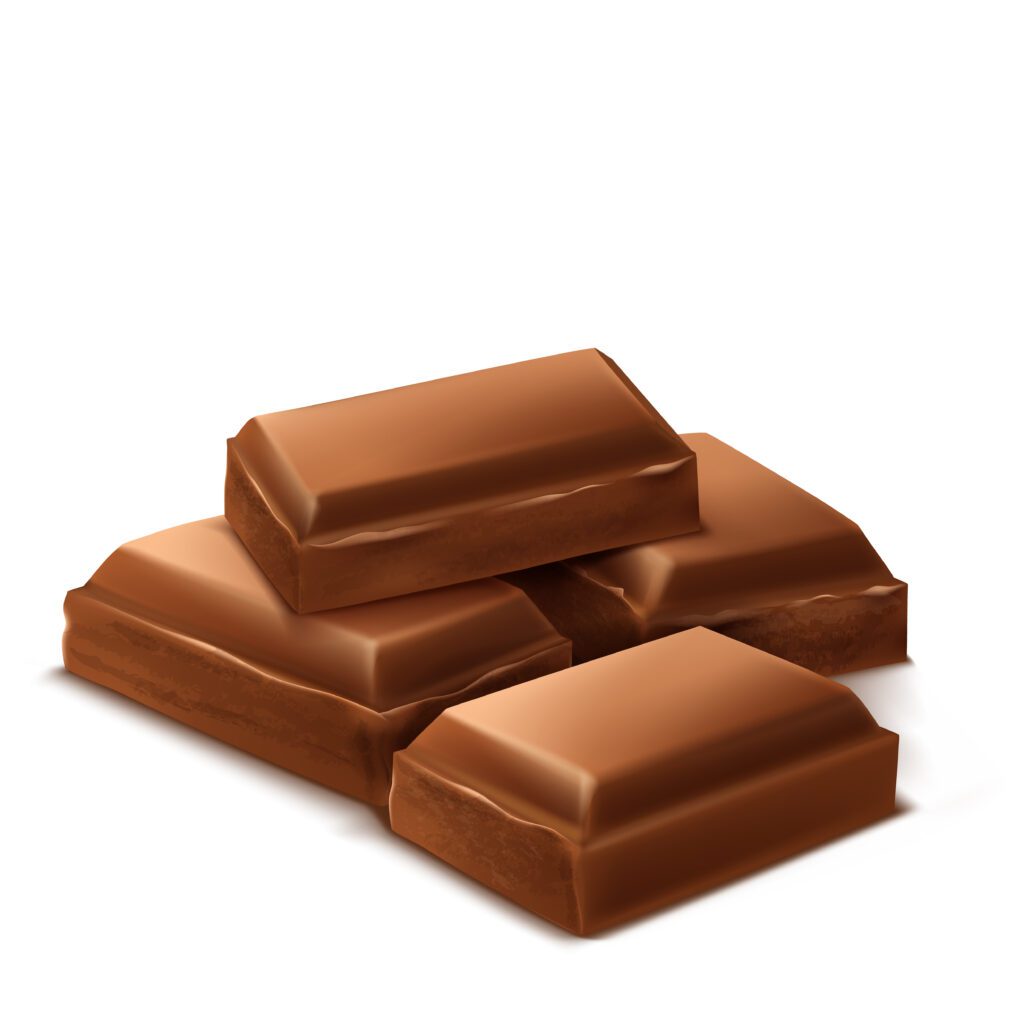
Contrary to popular belief, there isn’t a direct causal link between consuming chocolate or greasy foods and the development of acne. While diet does play a role, it’s more about the overall dietary pattern and its impact on hormones and inflammation.
Dirty Skin
Acne is not caused by having “dirty” skin. Over-washing or scrubbing the skin aggressively can actually worsen acne by stripping away its protective oils and disrupting the skin’s natural balance.
Role of Diet, Stress, and Hygiene in Acne
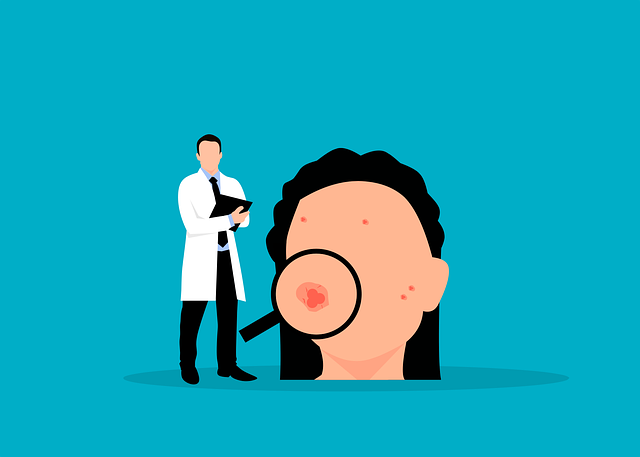
Diet
Emerging research suggests that a diet high in refined sugars and carbohydrates can contribute to acne. Such foods can lead to increased insulin levels and inflammation, which in turn can affect sebum production and the development of acne lesions.
Stress
While stress itself might not directly cause acne, it can exacerbate existing acne or trigger flare-ups. Stress activates the body’s “fight or flight” response, leading to hormonal changes that can increase sebum production and inflammation.
Hygiene
Maintaining good hygiene is important, but excessive washing or using harsh cleansers can strip the skin of its natural oils, leading to irritation and potentially worsening acne. A gentle cleansing routine is key.
How Hormones Influence Acne During Different Life Stages?
Puberty
Hormonal changes during puberty, especially the rise in androgens, stimulate sebum production. This excess sebum, along with dead skin cells, can clog pores and lead to the development of acne.
Menstrual Cycle
Fluctuations in hormone levels during the menstrual cycle can trigger breakouts. The increase in progesterone before menstruation can lead to increased sebum production.
Pregnancy
Hormonal changes during pregnancy can cause acne for some women. However, other women might experience an improvement in their acne due to hormonal shifts.
Menopause
Hormonal fluctuations during menopause can also lead to changes in the skin, including acne. The decrease in estrogen levels can contribute to an increase in sebum production.
Acne Treatment Options
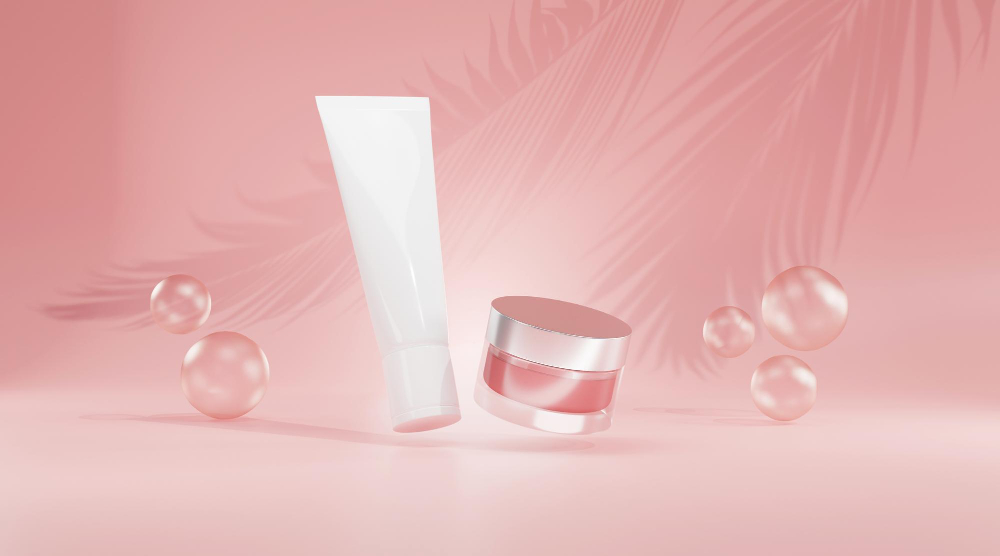
A. Over-the-Counter (OTC) Products:
Cleansers
Gentle cleansers formulated for acne-prone skin can help remove excess oil and impurities without causing irritation. Look for ingredients like salicylic acid or benzoyl peroxide.
Topical Creams and Gels
OTC creams containing active ingredients like benzoyl peroxide, salicylic acid, or sulfur can help unclog pores and reduce inflammation. They’re suitable for milder cases of acne.
Spot Treatments
Targeted treatments with benzoyl peroxide or sulfur are designed to be applied directly to individual pimples or blemishes to speed up healing.
B. Prescription Treatments
Topical Antibiotics
These medications, available by prescription, can help reduce acne-causing bacteria and inflammation. Common options include clindamycin and erythromycin.
Retinoids
Topical retinoids, such as tretinoin, adapalene, and tazarotene, work by unclogging pores and promoting cell turnover. They can be effective for both comedonal and inflammatory acne
Oral Antibiotics
For moderate to severe acne, oral antibiotics like doxycycline or minocycline may be prescribed to address bacteria and inflammation from within.
Oral Contraceptives
Some birth control pills, particularly those containing estrogen and progestin, can regulate hormones and help manage acne, especially in women whose acne is hormonally driven.
Isotretinoin
Reserved for severe acne cases, isotretinoin (Accutane) is a powerful oral medication that targets oil production, shrinking oil glands and reducing inflammation.
C. Lifestyle Changes
Diet
Reducing the intake of sugary and highly processed foods and focusing on a balanced diet rich in whole foods can have a positive impact on acne. Omega-3 fatty acids and antioxidants are also beneficial
Stress Management
Techniques like mindfulness, yoga, meditation, and deep breathing can help manage stress and reduce its potential impact on acne.
Sleep
Prioritize quality sleep, as lack of sleep can lead to hormonal imbalances that may trigger acne.
Exercise
Regular physical activity can help improve blood circulation, reduce stress, and support overall skin health.
D. Professional Treatments
Chemical Peels
Peels containing alpha hydroxy acids (AHAs) or beta hydroxy acids (BHAs) can exfoliate the skin, unclog pores, and improve skin texture.
Laser Therapy
Laser treatments can target acne-causing bacteria, reduce inflammation, and promote collagen production, helping to improve the appearance of acne and scars.
Extractions
Performed by dermatologists, extractions involve carefully removing blackheads and whiteheads using specialized tools to prevent further inflammation.
Top Handpicked Acne Treatment & Acne Scar Products
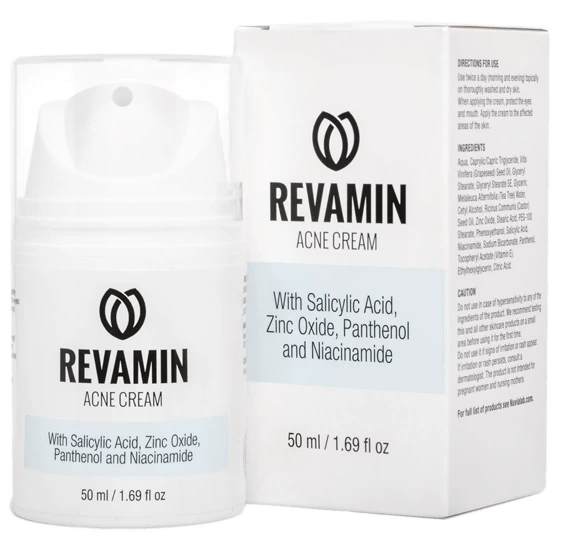
Revamin Acne Cream
✓Revamin Acne Cream is an advanced cream against imperfections. Its concentrated formula penetrates deep into the skin, perfectly moisturizes and counteracts blemishes.
✓You will see your skin start to glow after just a few days of using Revamin Acne Cream Each successive day of treatment will make you feel confident and love your reflection in the mirror all over again!
✓Revamin Acne Cream contains ingredients which:Reduce pimples and imperfections, Cleanse the skin and moisturize it, Reduce sebum and normalize the skin’s condition, Reduce inflammation and redness, Support the maintenance of a healthy complexion.
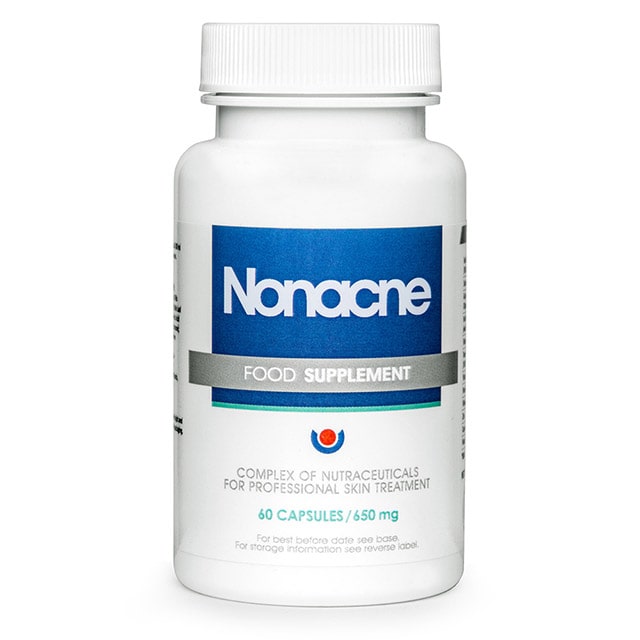
Nonacne for Acne
✓Nonacne is a product supporting acne skin. Product ingredients help eliminate acne and prevent its reappearance. Taking this supplement regularly leads to a beautiful and smooth skin.
✓Effectively supports skin affected by all types of acne
✓Has anti-inflammatory and antibacterial properties and targets the source of the problem
✓Contains perfectly matched and unique ingredients used in natural methods of treating acne, including red clover, sarsaparilla, grape seed extract and nettle leaves.

Royal Skin 500 ( Acne &Scars)
✓Royal Skin 500 is an effective method against problems with skin. The product is dedicated to men and women. It is rich in natural ingredients which guarantee fast and safe treatment. Roayl Skin 500 contains biotin, collagen, zinc, and hyaluronic acid which remove all skin imperfections making it smooth and beautiful.
✓It regulates sebum secretion, Prevents new pimples from forming, Removes acne scars and marks, Improves general skin condition: smooths out wrinkles, firms up and hydrates skin ( use with topical treatment for maximum effect).

SmooSkin (Scars& Stretch marks)
✓SmooSkin is a modern serum with an extremely rich composition. It removes scars and stretch marks and reconstructs the skin’s structure.
✓SmooSkin is a serum for scars and stretch marks. The product is dedicated to adults struggling with unsightly skin changes. It does not matter whether they are stretch marks formed during puberty, rapid weight gain, or postoperative scars, acne scars, caused by mechanical damage to the skin or other accidents.
✓The active ingredients of the serum will also strengthen the connective tissue, thus preventing the formation of stretch marks and discolourations on the skin.
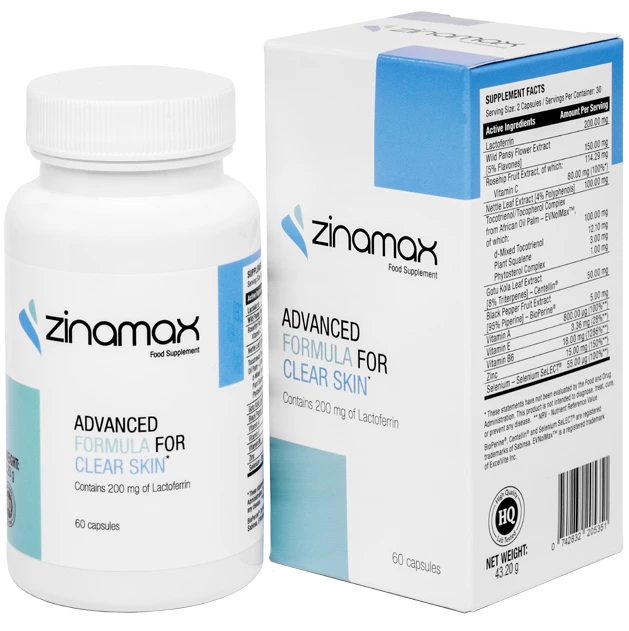
Zinamax for Acne
✓ Zinamax is a food supplement that helps in the elimination of acne. The product is dedicated to people who want to get rid of pimples, inflammation, and also improve the condition of their complexion. The effects of the pills can be observed even after the first month of use.
✓The product has an anti-inflammatory and antibacterial effect. It deeply moisturizes the skin and supports wound healing. In addition, it reduces the production of sebum, leaving the skin in excellent condition.
✓Zinamax is based on plant extracts, vitamins, minerals and other nutrients known for their anti-acne properties. The product’s main ingredient is lactoferrin, a protein that exhibits a number of properties, including antibacterial, antiviral, antifungal and antiparasitic activity.
Preventing Acne Breakouts
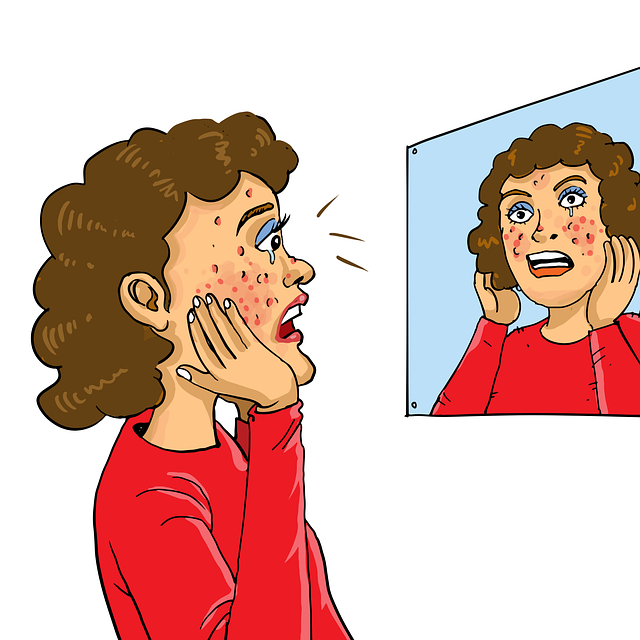
Maintaining clear, healthy skin involves not only treating existing acne but also preventing future breakouts. Here’s a detailed guide on how to prevent acne:
✓Cleanse Gently: Avoid over-cleansing or using harsh scrubs. Cleanse your face twice a day with a gentle, sulfate-free cleanser to remove excess oil, dirt, and makeup without stripping your skin’s natural barrier.
✓Hands Off: Resist the urge to touch your face frequently, as your hands can transfer bacteria and oil to your skin. Also, avoid picking or squeezing pimples, as this can lead to infection and scarring.
✓Choose Non-Comedogenic Products: Opt for non-comedogenic, oil-free, and water-based skincare and makeup products. These won’t clog your pores and contribute to breakouts.
✓Moisturize: Even if you have oily skin, using a lightweight, oil-free moisturizer can help maintain skin hydration without exacerbating acne.
✓Sun Protection: Use a broad-spectrum sunscreen with at least SPF 30 daily to protect your skin from UV damage. Some acne treatments can make your skin more sensitive to the sun.
✓Avoid Heavy Makeup: If you wear makeup, choose products labeled as non-comedogenic or oil-free. Avoid heavy, pore-clogging foundations and opt for mineral-based or lightweight formulations.
✓Regular Exfoliation:Incorporate exfoliation into your routine to remove dead skin cells that can clog pores. Use chemical exfoliants with AHAs or BHAs a few times a week, but avoid excessive scrubbing
✓Keep Hair Clean: If you have long hair, keep it away from your face to prevent oil and hair products from coming into contact with your skin.
✓Hydrate and Eat Well: Drink plenty of water to stay hydrated, and consume a balanced diet rich in fruits, vegetables, lean proteins, and whole grains. Foods high in omega-3 fatty acids and antioxidants can promote skin health.
✓Manage Stress: Practice stress-relief techniques such as meditation, yoga, or deep breathing to manage stress-induced hormonal fluctuations.
✓Change Pillowcases: Regularly change your pillowcases, as they can accumulate oil, sweat, and bacteria that transfer to your skin while you sleep.
✓Avoid Tight Clothing: Tight-fitting clothing can trap sweat and oil against your skin, potentially leading to breakouts. Opt for loose, breathable fabrics.
Remember that everyone’s skin is different, and it might take some trial and error to find the combination of preventive measures that work best for you. By adopting a comprehensive approach to skin care, you can effectively prevent acne breakouts and enjoy clearer, healthier skin
Conclusion
Understanding the causes of acne, debunking myths, and knowing your skin type and triggers empower you to make informed decisions about treatment and prevention.
Achieving clear skin may not happen overnight. Celebrate even small victories and stay patient as you work towards your skincare goals.
Remember that your worth isn’t determined by your skin’s appearance. Confidence comes from embracing your uniqueness and taking care of yourself, both inside and out.
As you embark on your journey towards healthier skin, know that you’re not alone. Many have traveled this path before, and with determination, knowledge, and the right strategies, you too can achieve the radiant and confident complexion you deserve. Here’s to your journey to beautiful, glowing skin and a brighter, more confident you.
